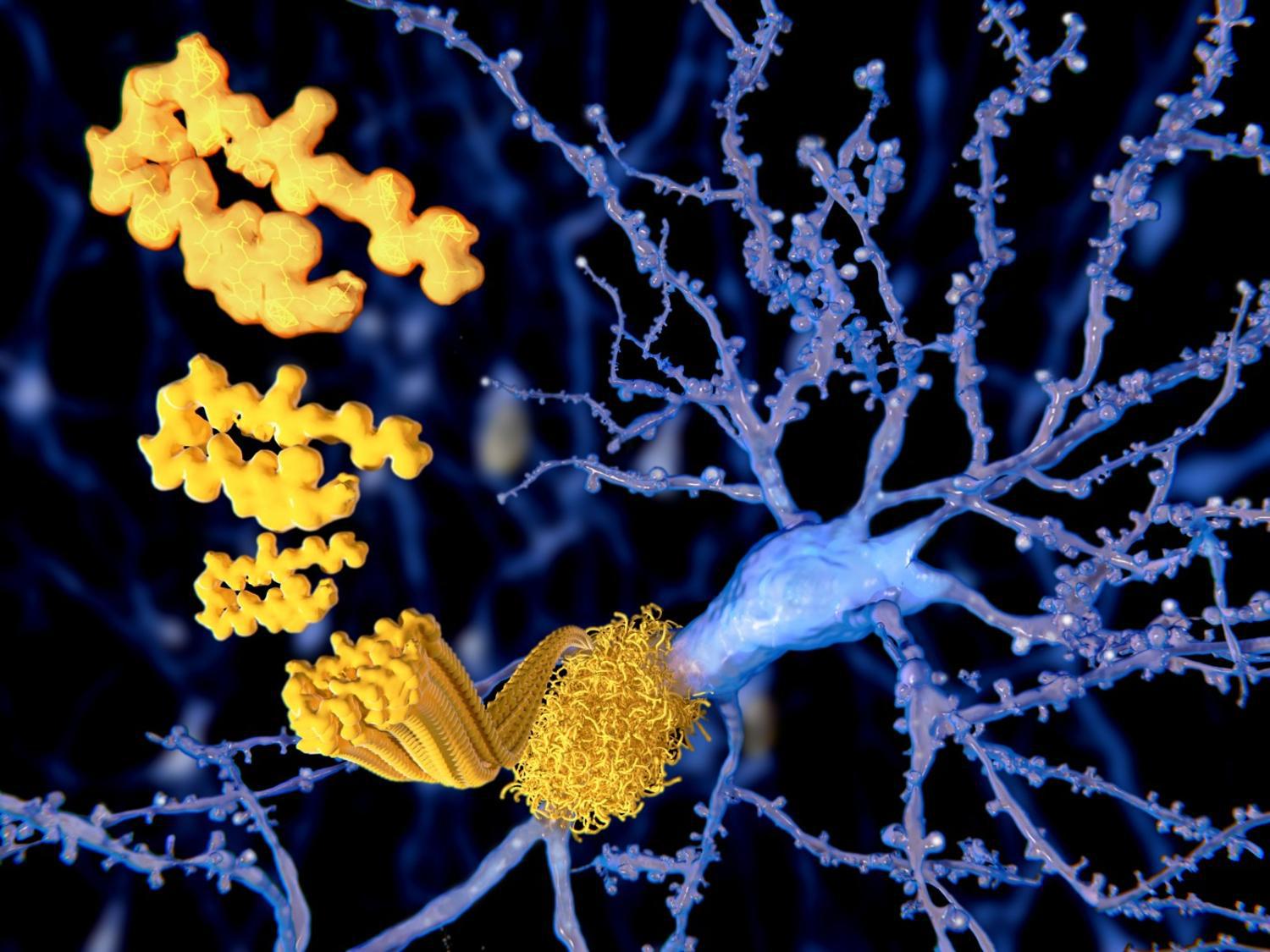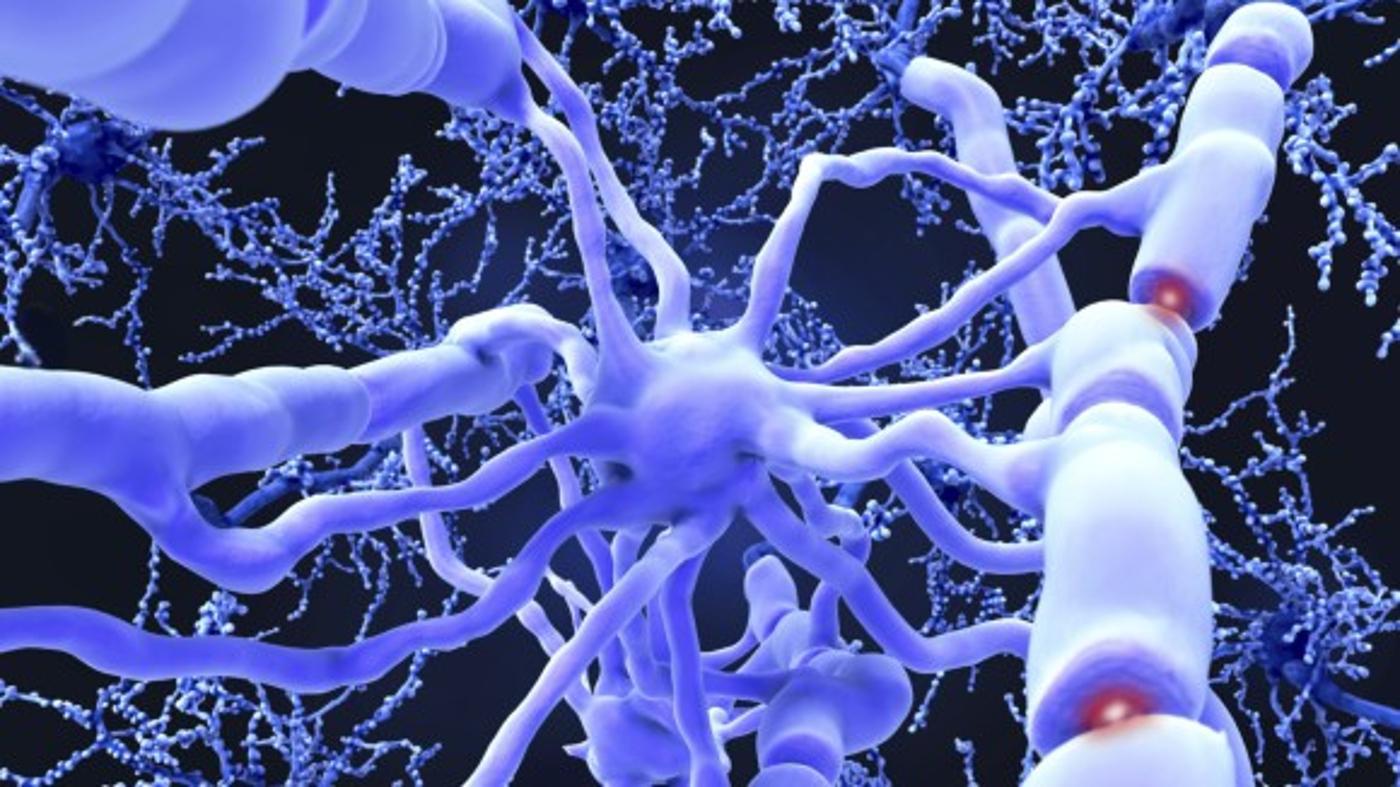As the number of people living with Alzheimer’s grows, scientists have been desperately trying to not only understand why this disease happens but also, eventually, develop a much-needed medication for prevention and treatment.
A group of neuroscientists at the UK Dementia Research Institute recently announced an incredible breakthrough: They now understand what causes a brain with Alzheimer’s to degenerate, and they believe this finding could uncover new strategies for prevention.
What Is Alzheimer’s?

Alzheimer’s is the most common form of dementia. It is a degenerative disease that slowly deteriorates brain cells, causing memory loss, cognitive skills, and behavioral changes.
The disease was discovered by a neuroanatomist, Alois Alzheimer, in 1906, but over the past 118 years, more and more people have developed this frustrating condition. In fact, there are currently more than 55 million people living with Alzheimer’s, and experts expect that number to double every 20 years for the remainder of the century.
Understanding the Causes of Alzheimer’s

Since the discovery in 1906, doctors have been working to find out exactly what causes Alzheimer’s.
Although they still don’t know for sure, they do understand that the most likely causes are age, family history, lifestyle choices, and even environmental factors. A lack of consistent exercise, obesity, excessive alcohol use, tobacco, diabetes, and depression have all been linked to the disease.
The Science Behind Alzheimer’s Disease

While understanding how people contract Alzheimer’s is important work, other medical researchers have dedicated their lives to analyzing the science behind the disease.
Thanks to extensive research, scientists generally agree that Alzheimer’s is caused by an abnormal build-up of amyloid beta proteins in the brain. While proteins are naturally forming and healthy, the misfolding and clumping of these specific proteins damage the brain cells, eventually destroying them.
Scientists Have Since Been Focused on How to Limit the Build-Up of Amyloid Beta Proteins

With this information in mind, scientists have focused for years on finding ways to stop the dangerous build-up of amyloid beta proteins.
Their research has shown that it is the nerve cells that produce the amyloid beta proteins and they have proceeded to try to find solutions to this problem.
The UK Dementia Research Institute Study

However, according to Marc Aurel Busche, who led a recent study at the UK Dementia Research Institute, explained, “Our findings challenge this long-standing belief.”
Busche and the rest of his team found that amyloid beta proteins are produced by other kinds of brain cells besides nerve cells, specifically fatty cells that wrap themselves around the brain’s neurons.
What Are Oligodendrocytes?

These fatty cells are known as oligodendrocytes, and they play a crucial role in ensuring the brain can process information. The scientists realized that oligodendrocytes don’t just create the detrimental proteins; they are also negatively affected by them.
Busche explained, “These cells not only produce [amyloid beta proteins] but also alter their function and molecular state in response to it.”
This New Discovery Could Change the Entire Alzheimer’s Treatment Trajectory

Busche told Newsweek that he believes preventing, treating, and eventually curing Alzheimer’s could actually be possible now that they know these cells are the problem.
He said, “Our findings suggest that perhaps by targeting oligodendrocytes, we could more effectively stop amyloid beta production without causing other issues and thereby more effectively and safely slow the progression of the disease.”
More Research Needs to Be Conducted Before Medicine Can Be Developed

While this discovery is wildly exciting, it’s not conclusive enough for medical researchers to start designing a medication to target oligodendrocytes.
As Busche explained, “It will be essential to further investigate the behavior and function of oligodendrocytes in the early stages of Alzheimer’s.”
Alzheimer’s Medication Could Save Tens of Millions of Lives

However, Busche is hopeful. He also said, “This could uncover new therapeutic targets and strategies to intervene at the onset of the disease, hopefully improving outcomes for patients.”
And, because more than 55 million people are currently living with Alzheimer’s, these strategic treatments could literally save and improve millions upon millions of lives.
Dementia Is Expected to Cost the World $2.8 Trillion by 2030

In addition to saving lives, which is unquestionably the most important result of these findings, Alzheimer’s prevention medication would also save the world’s governments trillions of dollars.
One study reported, “The annual global cost of dementia is now above US$ 1.3 trillion and is expected to rise to US$ 2.8 trillion by 2030.” People living with Alzheimer’s or other variations of dementia cost the world a fortune. With medication, this funding could be redirected toward others who desperately need it.
Alzheimer’s Medication Is Still Years Away

Trying to understand the brain is one of the most challenging undertakings of the human race. Even neuroscience still can’t completely explain exactly how this miraculous organ functions.
But scientists are not going to give up. The more they understand about the brain, the more likely they’ll be able to stop and treat Alzheimer’s. While medication is still years away, at least now, they are one step closer.








































